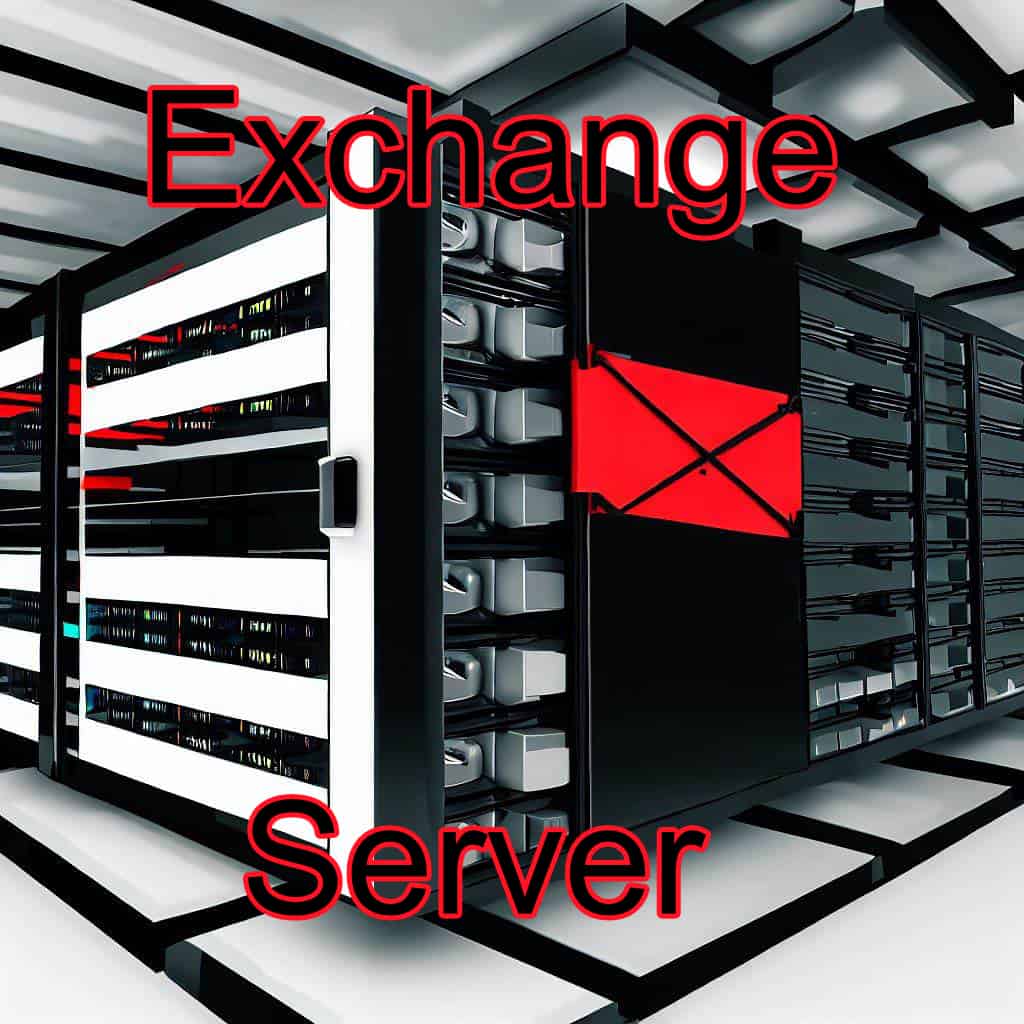Private Exchange Server
A private exchange server, often referred to as a self-hosted or on-premises email server, is a dedicated server that an organization sets up and manages to handle its email communications. Unlike using a paid service like Google Workspace or Microsoft 365, which are cloud-based email services, a private exchange server allows organizations to have complete control over their email infrastructure.
Here are some pros and cons of using a private exchange server compared to a paid service:
Pros of Private Exchange Server:
1. Full Control: Organizations have complete control over their email server, including data storage, security configurations, and customization options. This level of control can be beneficial for organizations with specific security or compliance requirements.
2. Cost Control: While there are upfront costs involved in setting up and maintaining a private exchange server, organizations have more control over their expenses in the long run. They don’t have to worry about recurring subscription fees or per-user costs associated with paid services.
3. Customization: Organizations can customize the email server according to their specific needs and integrate it with other internal systems or applications. This flexibility allows for tailored email solutions that align with unique business requirements.
4. Data Privacy: With a private exchange server, organizations can have greater control over the privacy and security of their email data. They can implement their own security measures, encryption protocols, and access controls to protect sensitive information.
Cons of Private Exchange Server:
1. Setup and Maintenance: Setting up and managing a private exchange server requires technical expertise and dedicated resources. Organizations need to ensure they have the necessary IT infrastructure, skilled personnel, and ongoing maintenance capabilities to keep the server up and running smoothly.
2. Costs and Scalability: While cost control is a potential advantage, setting up a private exchange server can have higher upfront costs compared to using a paid service. Organizations need to invest in hardware, software licenses, and ongoing maintenance, which can be a barrier for smaller businesses. Scaling the server to accommodate growing email needs may also require additional investments.
3. Limited Features and Updates: Private exchange servers may not have the same breadth of features and frequent updates offered by paid services. Organizations are responsible for keeping the server software up to date and may miss out on new features or enhancements available in cloud-based email services.
4. Reliability and Downtime: Private exchange servers rely on the organization’s infrastructure, which means there is a higher risk of downtime due to hardware failures, power outages, or network issues. Maintaining high availability and redundancy can be more challenging compared to the robust infrastructure of paid email services.
Choosing between a private exchange server and a paid service like Google Workspace or Microsoft 365 depends on the specific needs and resources of an organization. Larger enterprises with dedicated IT teams, specific compliance requirements, or the need for full control may opt for a private exchange server. Smaller businesses or those looking for convenience, scalability, and access to advanced features may find paid services more suitable.

